
Top 10 Memorable Lines from U.S. Presidential Debates
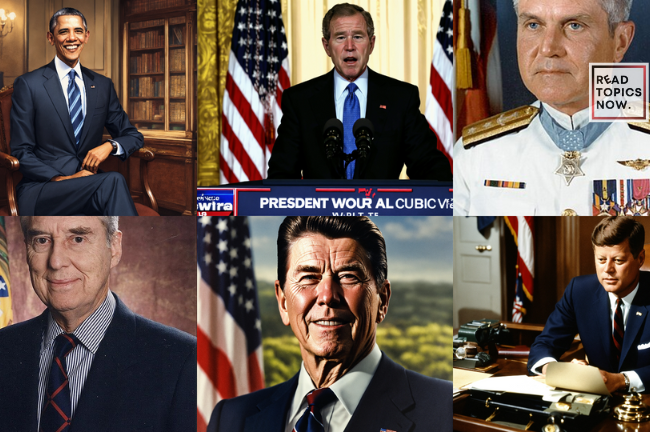
U.S. Presidential Debates: 10 Quotes You Can’t Forget
Debates have not always been common in U.S. presidential campaigns, despite their perceived importance. On May 17, 1948, Republican candidates Thomas Dewey and Harold Stassen engaged in a captivating debate, marking the first showdown between presidential contenders. The debate was broadcasted on a radio station in Portland, Oregon, and focused solely on the question of whether the Communist Party should be banned in the U.S.
Nowadays, debates are widely broadcast on television and the Internet, reaching national and international audiences. These debates typically address a variety of topics. They are also a trustworthy provider of witty remarks, blunders, and profound statements that stay in the minds of Americans well beyond the end of the campaigns. Here are a few notable lines from presidential (and vice presidential) debates throughout the past few decades.
1. “We can no longer afford to be second best. I want people all over the world to look to the United States again, to feel that we’re on the move, to feel that our high noon is in the future.”
(John F. Kennedy, 1960)
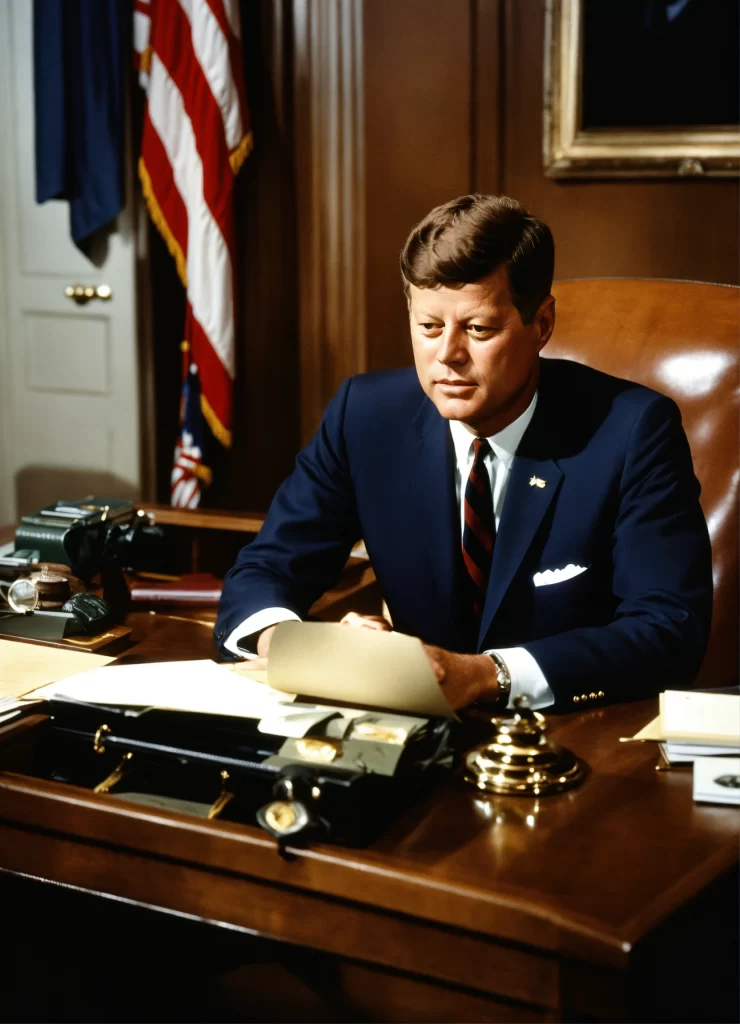
The 1960 presidential debate between Richard Nixon and John F. Kennedy was a significant event in American history. It marked the beginning of general-election debates and introduced the concept of televised debates. The viewers were captivated by Kennedy’s unwavering optimism about the future of the country. His youthful and polished appearance, especially when compared to Nixon’s tired look, is often cited as a key factor in his victory on election day.
2. “There is no Soviet domination of Eastern Europe, and there never will be under a Ford administration.”
(Gerald Ford, 1976)
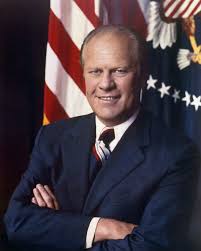
In a 1976 debate against Jimmy Carter, Gerald Ford, who was president at the time, made a rather unfortunate statement. While Ford’s intention was to convey that the United States would not formally acknowledge the Soviet Union’s control over its neighboring countries, his statement seemed to reveal a lack of understanding of the geopolitical complexities surrounding the Iron Curtain.
3. “There you go again.”
(Ronald Reagan, 1980)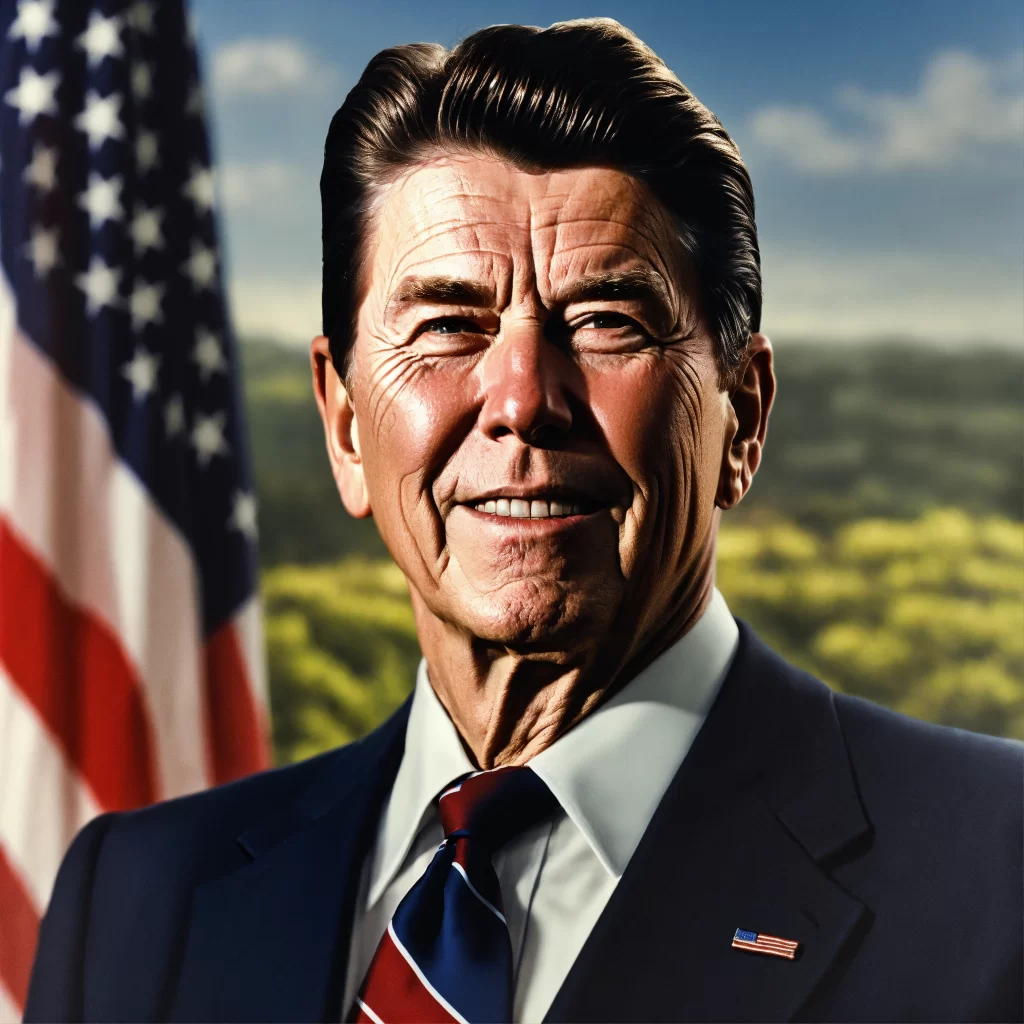 The 1980 presidential campaign saw a memorable exchange between Jimmy Carter and Ronald Reagan, with Reagan delivering two standout lines. One question that was raised was, “Are you in a better position now compared to four years ago?” Reagan later described his reaction to Carter’s remarks on health care as feeling a bit repetitive. The line was delivered in a friendly manner, showcasing the down-to-earth charisma that played a role in Reagan’s successful presidential campaign.
The 1980 presidential campaign saw a memorable exchange between Jimmy Carter and Ronald Reagan, with Reagan delivering two standout lines. One question that was raised was, “Are you in a better position now compared to four years ago?” Reagan later described his reaction to Carter’s remarks on health care as feeling a bit repetitive. The line was delivered in a friendly manner, showcasing the down-to-earth charisma that played a role in Reagan’s successful presidential campaign.
4. “When I hear your new ideas, I’m reminded of that ad: ‘Where’s the beef?’ ”
(Walter Mondale, 1984)
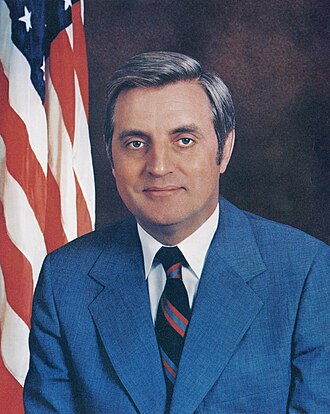
Walter Mondale, Carter’s vice president, faced a challenge for the 1984 Democratic nomination from Sen. Gary Hart, who positioned himself as the candidate with fresh perspectives. Mondale’s response to Hart, during a debate with fellow Democratic candidates in the primary season, drew laughter from the live audience as he cleverly referenced a well-known Wendy’s fast-food commercial.
5. “I will not make age an issue of this campaign. I am not going to exploit for political purposes my opponent’s youth and inexperience.”
(Ronald Reagan, 1984)
In 1984, at the age of 73, Reagan became the oldest person to ever hold the presidency. This sparked concerns regarding his suitability for the role. During a debate with Walter Mondale, the Democratic nominee, he lightened the mood with a humorous remark. Even Mondale—the 56-year-old former senator and vice president—couldn’t help but chuckle.
6. “I served with Jack Kennedy. I knew Jack Kennedy. Jack Kennedy was a friend of mine. Senator, you’re no Jack Kennedy.”
(Lloyd Bentsen, 1988)
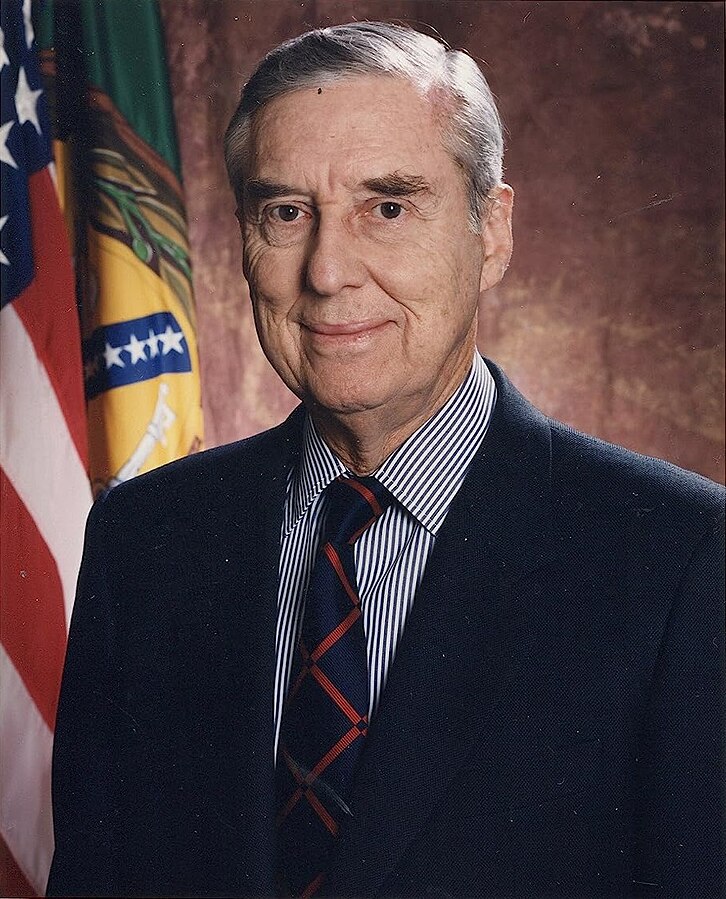
In the 1988 vice presidential debate, Democrat Lloyd Bentsen, a seasoned military veteran and long-time member of Congress, went head-to-head with Republican Dan Quayle, a relatively young and newly-elected senator. Quayle’s claim of having comparable political experience to John F. Kennedy during his presidential campaign presented Bentsen with a perfect chance to secure a rhetorical triumph.
7. “Who am I? Why am I here? I’m not a politician.”
(James Stockdale, 1992)
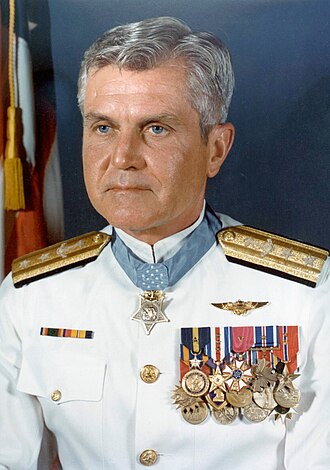
In the 1992 election, businessman Ross Perot made waves as an independent candidate, and his running mate, retired Navy admiral James Stockdale, secured a spot at the vice presidential debate. Regrettably, Stockdale’s humble attempt to acknowledge the public’s lack of familiarity with him inadvertently strengthened the perception that he was out of place on the stage.
8. “I’d like to start by offering you a deal, Jack. If you won’t use any football stories, I won’t tell any of my warm and humorous stories about chlorofluorocarbon abatement.”
(Al Gore, 1996)
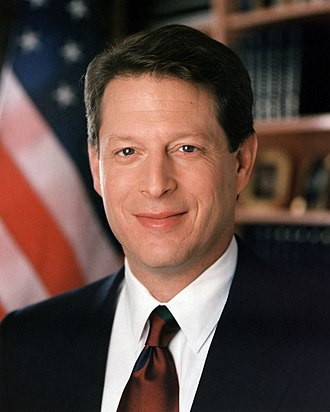
During the 1996 vice presidential debate, Al Gore, the incumbent vice president, found himself facing Jack Kemp, a former congressman with a striking appearance who had transitioned into politics after a successful career as a professional football quarterback. Gore’s remark playfully alluded to his own less glamorous image as a knowledgeable advocate for environmental policy. Kemp’s reply: “Agreed.” I can’t even pronounce it.”
9. “Well, actually, he forgot Poland.”
(George W. Bush, 2004)
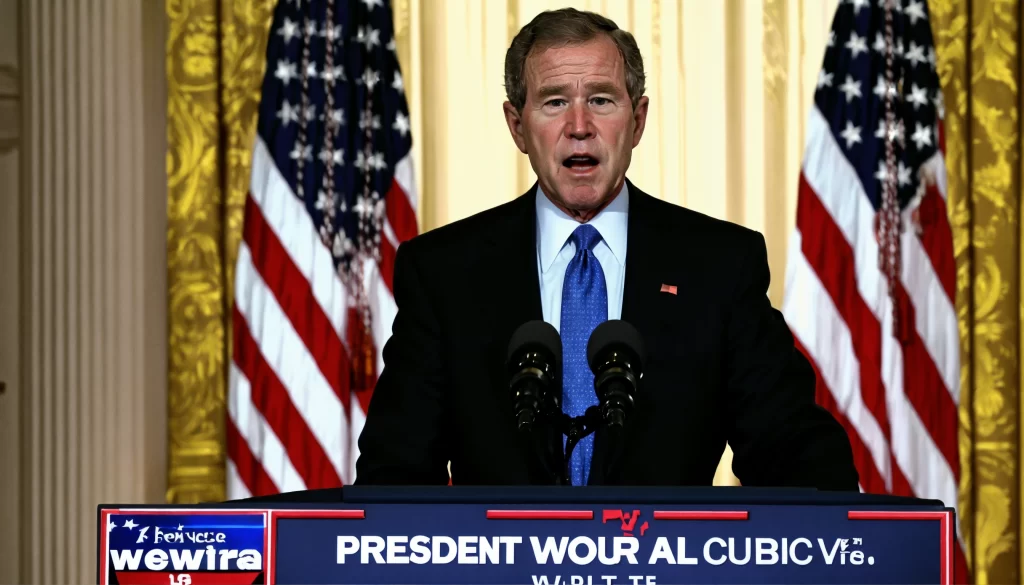
The Iraq War was a major focus of the 2004 presidential campaign. During his initial debate with President George W. Bush, Democratic nominee John Kerry argued that there was a lack of global backing for the war. “When we entered,” he stated, “there were three nations: Great Britain, Australia, and the United States.” Bush wasted no time in criticizing Kerry for not mentioning Poland, another coalition member. However, this attack seemed weak to many viewers.
10. “You’re likable enough, Hillary.”
(Barack Obama, 2008)
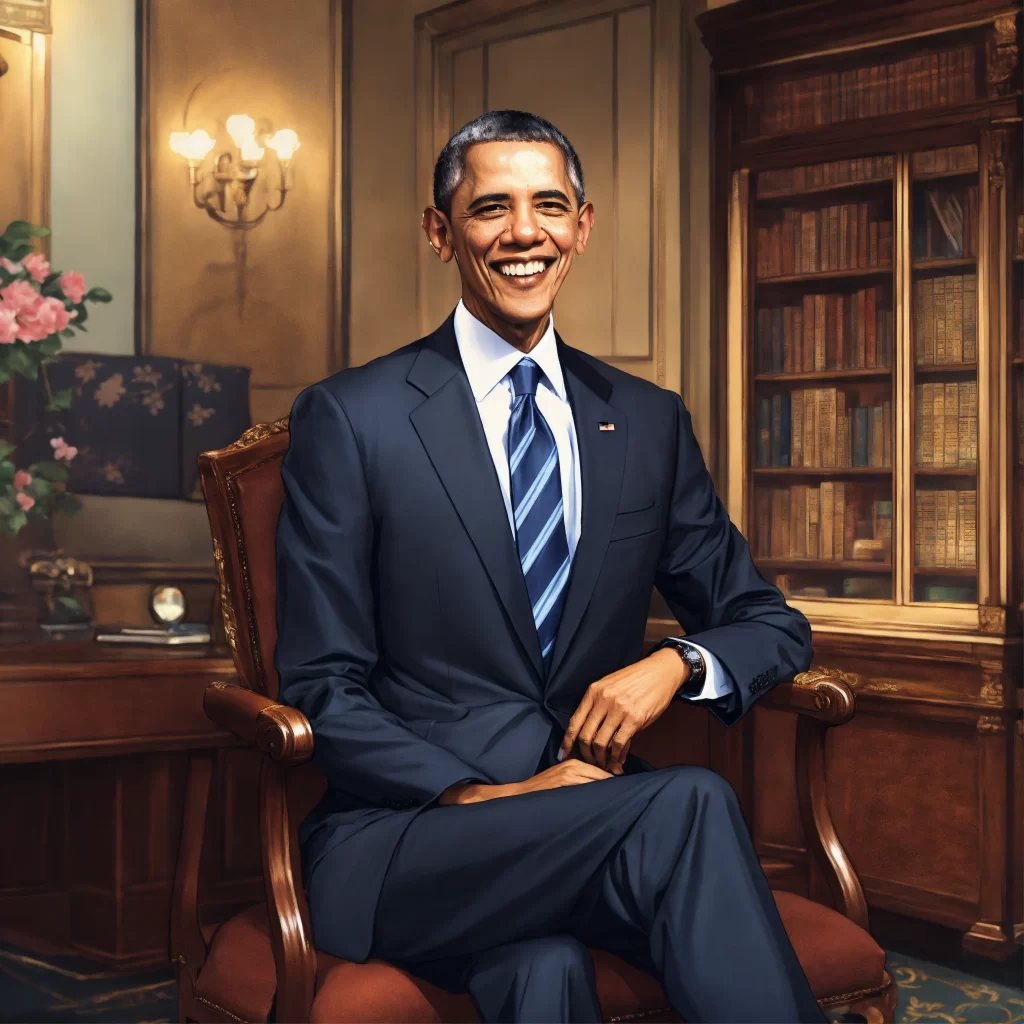
In the 2008 contest for the Democratic nomination, Hillary Clinton, initially favored, and Obama, the captivating newcomer, closely contested. During a discussion about likability, Clinton admitted that Obama was seen as “very likable,” but she did not believe she was “that bad” in comparison. Obama’s comment, intended to be supportive, widely perceived as aloof and condescending.
Related Posts
Get Curated Post Updates!
Sign up for my newsletter to see new photos, tips, and blog posts.

I blend engineering prowess with MBA insights, embracing life with perspective and imagination. My mantra? ‘Get busy living or get busy dying.’ Fascinated by tech, geopolitics, AI, sports, cinema, and jazz.





